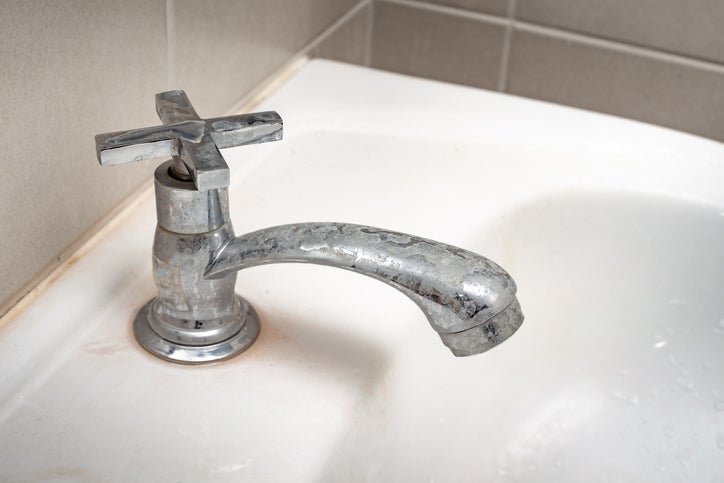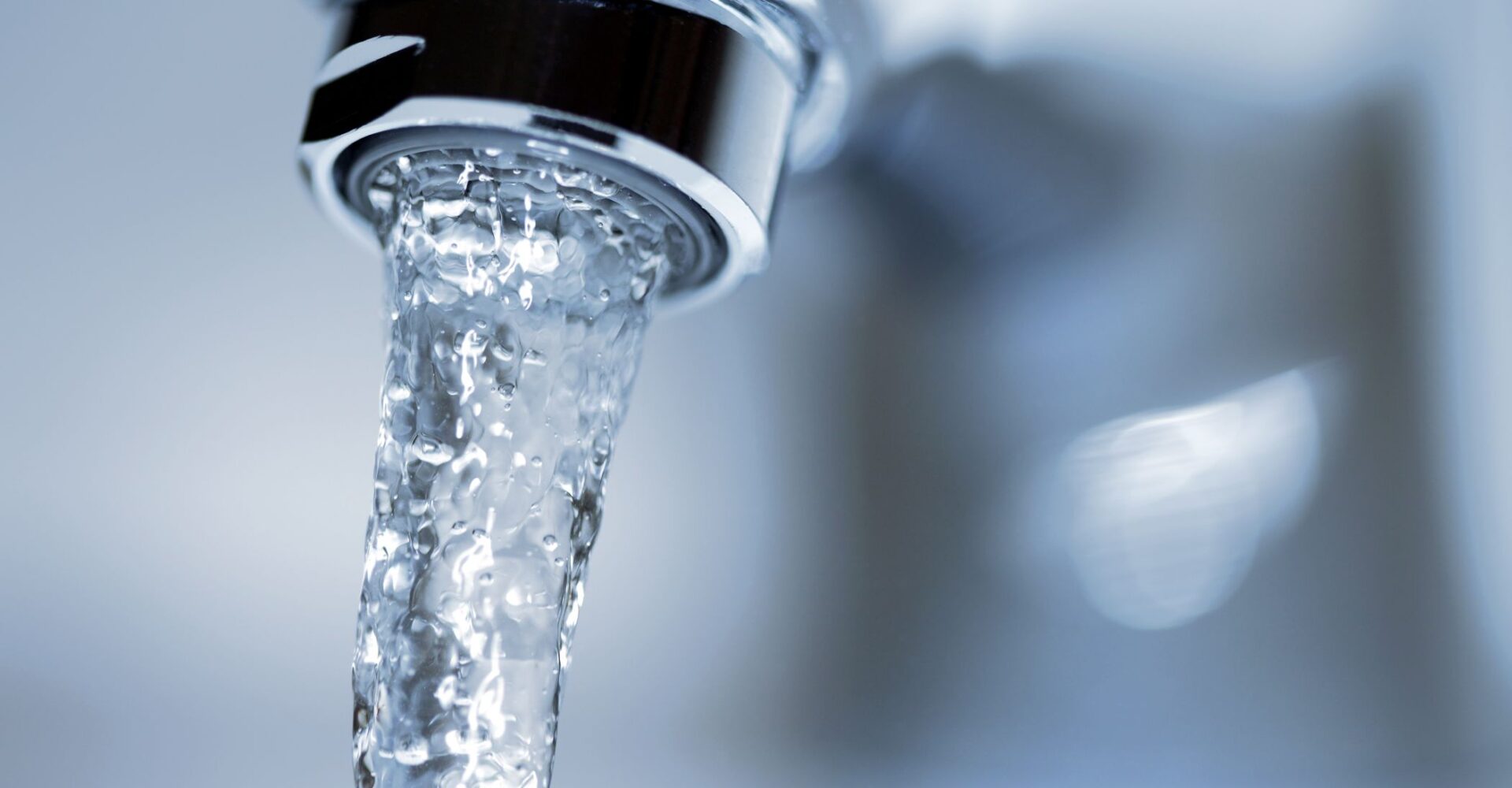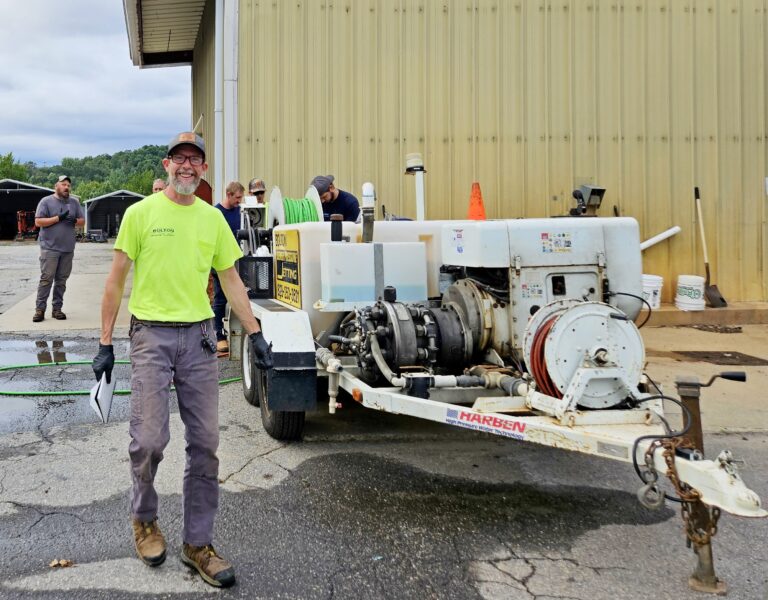Here at Bolton, we help a lot of our customers identify and solve issues with their well water. Below are the top well water problems in this area and their solutions. If you are having trouble with your water, call us today to have it tested.
Hard Water
This is one of the most common issues with well water in the US and is a result of undissolved calcium and magnesium. Hard water causes your clothes to come out of the washer somewhat stiff and dull in color, your skin and scalp to dry out and flake, and creates a buildup of white residue on faucets, sinks, tubs, and dishes. This shortens the life of your appliances and clothing, which can be quite expensive over time. Our solution to hard water is adding a water softener to your water filtration system. Water softeners work through a process called ion exchange, trapping the sodium and magnesium particles.

Low PH Levels
Low PH levels cause water to become acidic. This can be a result of acid rainfall, the decomposition of plants, or certain types of runoff. In some cases, low total dissolved solids or (TDS) may be to blame for the drop in your water’s PH levels. You will know you have acidic water if you are seeing rust or blue-green stains on your tubs and sinks or your water appears to be cloudy and tastes bitter or metallic. Over time, acidic water will eat away at metal piping, creating pin holes and leaks. Our solution to low PH levels in water is to install an acid neutralizing filter which works by dissolving calcium and/or magnesium on contact, raising the PH levels of the water.
Sediment
Sediment build up can be caused by runoff or drilling and results in a high level of total suspended sediment. You can tell if your water has sediment in it if it is coming out cloudy or dirty. If bacteria is present in the sediment, this can lead to infection. Our solution for sediment in water is installing a filter-ag, which is a non-hydrous silicon dioxide media that reduces suspended matter, giving your home clean running water.
Iron and Manganese
Iron and Manganese is most commonly found in bedrock and can dissolve into groundwater, sometimes due to mining operations. Signs that iron and manganese are present in your water include black specks or brown and orange stains in sinks and tubs, cloudy water with an oily surface, and a metallic and bitter taste. High levels of iron and Manganese can be bad for your appliances as they may leave mineral deposits. This issue can be solved using various remedies depending on the PH, TDS, and Oxygen level present in the water. Most of the time, we achieve the removal of iron and manganese through an oxidation and chlorination process.
Hydrogen Sulfide
It is common that as organic materials decompose, hydrogen sulfide enters water. Water that contains hydrogen sulfide smells like rotten eggs and can stain or discolor laundry, plumbing fixtures, and silverware. It can also damage pipes through it’s corrosive nature and have a possible chemical reaction with the anode rods located in hot water heaters. Our solution for the presence of hydrogen sulfide in water is an oxidation treatment, which uses a chemical to convert the dissolved hydrogen sulfide gas into forms or sulfur that can filtered from the water with ease.

Additional well water issues include chlorinated water, water with too much air present, water containing undissolved gases, etc. If you would like to get your water tested and receive a quote along with our professional expertise, please click here or call us today. Whether your water needs a new whole house filtration system or a softener, our team is here to help!












